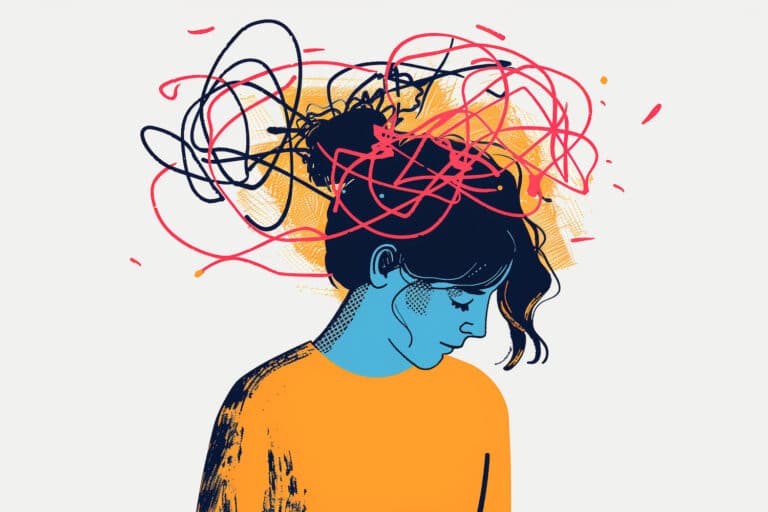Navigating the Holidays with an Eating Disorder
The last few months of the year are full of festivities typically involving food. From the candy at Halloween, the endless spread of delights at Thanksgiving, the sweet treats and flavorful spreads at Christmas, and ringing in the new year with tasty displays of festive foods, the holidays are surrounded by food. For someone with an eating disorder, the holiday food festivities can be overwhelming and bring fear and anxiety.
Someone suffering from an eating disorder may find it quite difficult to eat in front of others. From restricting to binge eating and the urge to engage in compensatory behaviors, the holiday season can deepen feelings of anxiety, guilt, and even shame. Even though the holiday season can present overwhelming struggles, it is possible to prepare yourself for some of the challenges that lie ahead.
Here are a few tips to help boost your health and happiness as you navigate the holiday food and festivities.
-
Be Mindful
Remember, the holidays are not just about food. Reflect on the significance of the holiday and enjoy your time with loved ones. Shift the focus from food and be mindful of the special moments and memories.
-
Stick To It
As you celebrate the holidays, remember it is important to stick with your recovery programs. Structure your day so that you are comfortable keeping with your recovery disciplines., especially when it comes to scheduled meal times.
-
Avoid Overstressing
Avoid additional stress by not overbooking yourself. Eliminate any unnecessary events and obligations so that you can relax and renew your physical and mental health. Remember, you do not have to attend every holiday event.
-
Be Honest
Let your loved ones know of any worries and concerns about holiday meals. Being honest can help others to be aware and understand the complexity of eating disorders, especially around the holidays.
-
Get a Buddy
A “buddy” can help you work through difficult situations or give you support if you begin to struggle or panic. Ask someone you trust if you can lean on them during these times. Knowing you have someone to support you can be extremely powerful.
If your loved one is suffering from an eating disorder, there are steps you can take to be supportive.
-
Avoid Monitoring.
Unless their treatment team has given you steps to monitor your loved one’s food portions, avoid being the “food police.” It is okay to remain curious with your loved one but in a compassionate and supportive manner.
-
Offer Support
Being encouraging and supportive is one of the most important things you can do for your loved one. Ask them how you can assist with their recovery and help them cope with the additional stress and anxiety of the holidays.
-
Be Respectful
If your loved one is not comfortable being part of holiday meals with others, let them know you understand and support them. Praise them for their transparency in opening up about their discomfort and provide a listening ear to help them in their journey.
The holidays can be stressful for everyone, but if you are struggling with an eating disorder, it is important for you to do what is needed to maintain your health and safety. . As you work through your recovery, your focus for the holiday season will begin to shift from the food to spending time with your loved ones and embracing this special time of the season.
At Magnolia Creek, our goal is to help women navigate times, such as the holidays, with confidence. We understand the struggle of an eating disorder, and we offer tools that help you confront these challenges. Using evidence-based therapy, our expert team of professionals helps women learn to love and respect their bodies and accept themselves exactly as they are. If you or your loved one is struggling with an eating disorder, Magnolia Creek is here to walk alongside you in your journey. Call us today or complete our contact form for more information.




